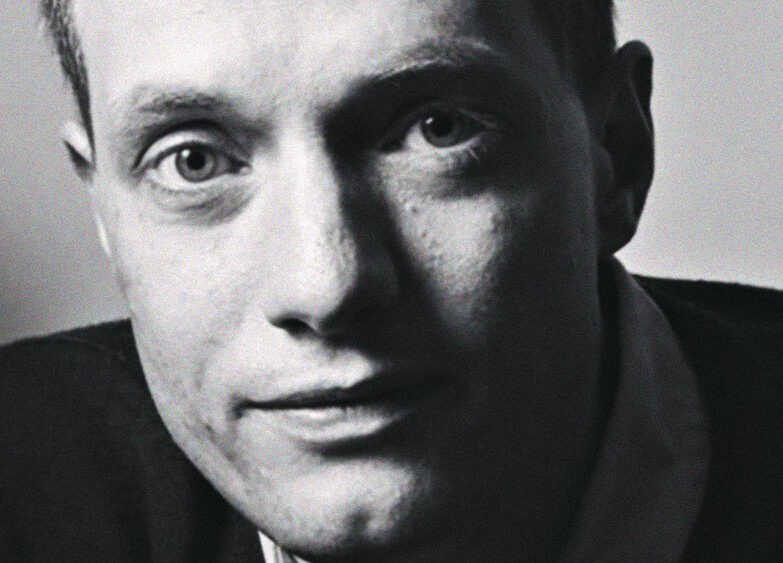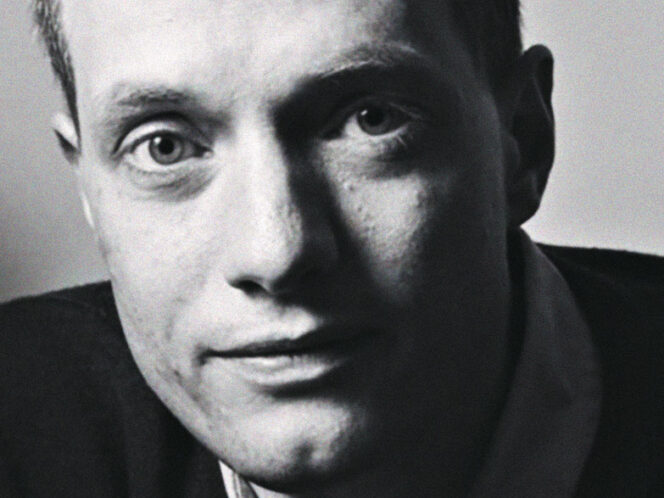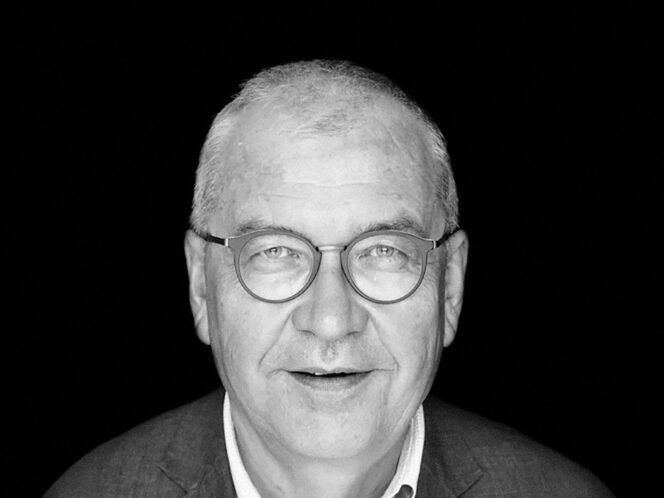
“The romantic template of love is a historical creation, a hugely beautiful and often enjoyable one. But we can state boldly: Romanticism has been a disaster for relationships!” Author and philosopher Alain de Botton decodes love.
Aleksandra Reszelska: People are enchanted by the idea of love. Writers, musicians, psychologists, even mathematicians—all of them make their attempts to grasp love’s essence. In 1993 you wrote a little book On Love. And then, over twenty years later, you decided to create a sequel, The Course of Love. Why again?
Alain de Botton: Well, the quality of our relationships is simply the most important single determinant of our happiness. Money, power, status, work—these are important, too. But love is key. I have always been fascinated by how tricky love remains to get right. No one around me has the solution. Still, I was tempted to say what I believe love is and how it can go better.
And so you write: “Love is a skill, not just an enthusiasm.”
Yes, and I feel that this notion is the secret of a happy relationship. Love is not just a feeling. And it is a rather glorious








